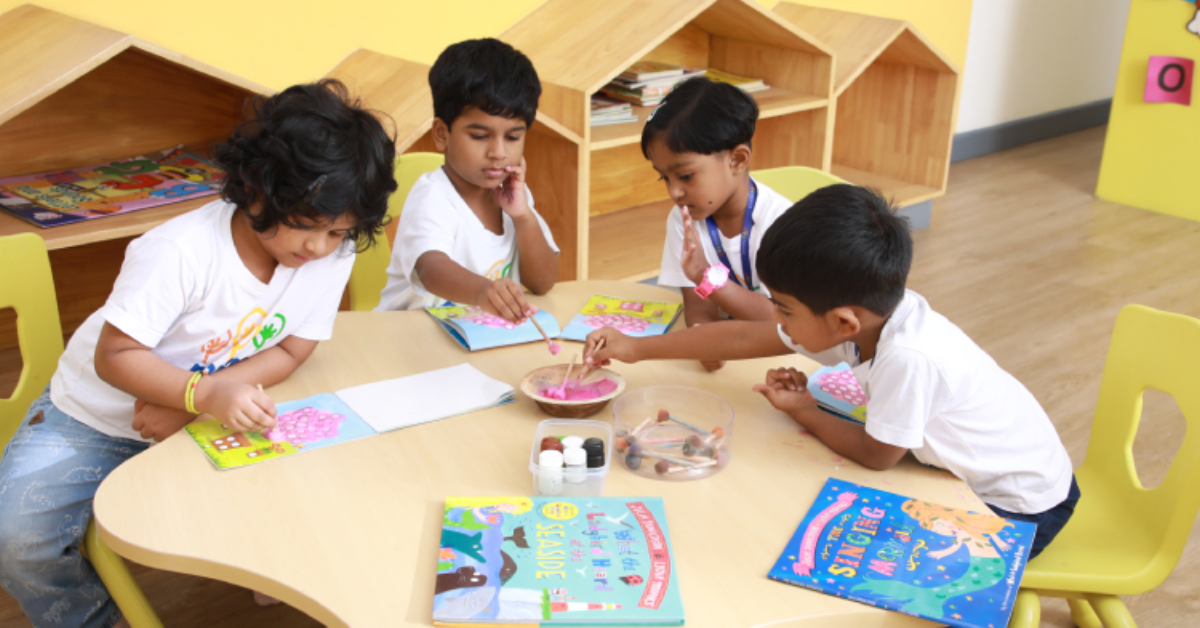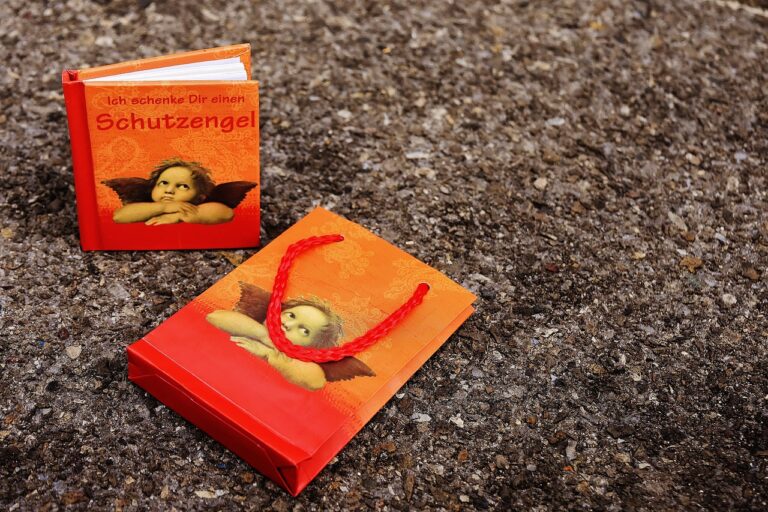Finding the Best Play School Near You: A Complete Guide for Parents
Choosing the right play school for your child is one of the most important decisions you will make as a parent. A play school serves as the foundation for your child’s early learning journey, helping them develop essential social, emotional, and cognitive skills. In today’s fast-paced world, finding the right play school near you requires careful consideration of various factors such as the learning environment, teaching methods, safety measures, and overall child development approach. This article provides a comprehensive guide to help you find the Play School Near Me, ensuring your child receives the best start to their educational journey.
Why Early Education Matters
Early childhood is a crucial stage of development when a child’s brain is highly receptive to learning. Research has shown that children who receive quality early education tend to perform better academically and socially in the long run. A good play school provides a nurturing environment where children can explore, play, and learn through structured and unstructured activities.
At a play school, children engage in activities that stimulate their creativity, enhance their problem-solving skills, and improve their ability to communicate and interact with others. Through play, they develop essential life skills such as teamwork, empathy, and adaptability. A strong foundation at the play school level can set the tone for future academic success and personal growth.
Key Factors to Consider When Choosing a Play School Near You
When searching for a play school nearby, it’s essential to evaluate several factors to ensure your child’s needs are met:
1. Curriculum and Teaching Approach
Different play schools follow various teaching approaches such as Montessori, Reggio Emilia, Waldorf, or play-based learning. It’s important to understand the methodology used and whether it aligns with your child’s learning style and personality.
- Montessori Approach – Focuses on independent learning and self-directed activities.
- Reggio Emilia Approach – Emphasizes creativity, exploration, and collaboration.
- Waldorf Approach – Encourages imaginative play and hands-on learning.
- Play-Based Learning – Uses play as a medium for learning and development.
Understanding these approaches can help you identify which type of play school environment will best support your child’s learning style.
2. Location and Accessibility
Choosing a play school close to your home or workplace can make daily drop-offs and pick-ups more convenient. It also ensures that you can quickly reach the school in case of emergencies. A nearby play school can help your child feel more comfortable and connected to the local community.
3. Safety and Hygiene
Safety should be a top priority when selecting a play school. Ensure that the school has:
- Secure entry and exit points.
- Clean and child-friendly facilities.
- Emergency protocols in place (fire drills, medical assistance).
- Background-checked staff and proper teacher-to-student ratio.
Clean and safe play areas, sanitized restrooms, and proper meal preparation standards are also essential for your child’s well-being.
4. Qualified and Caring Staff
Teachers and caregivers play a crucial role in shaping a child’s early experiences. Look for a play school with well-trained and experienced teachers who understand child psychology and development. The staff should be patient, nurturing, and capable of handling children with different temperaments.
Observe how the teachers interact with the children during your visit. Are they engaging and attentive? Do they encourage children to ask questions and express themselves? A warm and supportive environment fosters confidence and learning.
5. Facilities and Learning Environment
A well-designed play school should have:
- Spacious and safe indoor and outdoor play areas.
- Age-appropriate learning materials and toys.
- Creative spaces for art, music, and storytelling.
- Quiet areas for reading and relaxation.
Natural lighting, ventilation, and colorful decor create a welcoming and stimulating atmosphere for children.
6. Balanced Schedule
A balanced schedule that includes playtime, learning sessions, nap time, and snack breaks helps children develop a routine. Over-scheduling can lead to stress, while under-stimulation may affect learning. A good play school will offer a mix of structured and unstructured activities to keep children engaged and energized.
7. Parent Involvement and Communication
Open communication between the play school and parents is essential for a child’s development. Look for a play school that:
- Provides regular updates on your child’s progress.
- Organizes parent-teacher meetings.
- Encourages parental involvement in school activities.
A collaborative relationship between parents and teachers enhances the learning experience and ensures that the child’s needs are being met.
Benefits of Sending Your Child to a Play School
Enrolling your child in a play school near you offers several benefits:
Improved Social Skills – Interacting with peers helps children develop communication, teamwork, and problem-solving skills.
Boosted Confidence – Encouragement and positive reinforcement from teachers build self-esteem.
Cognitive Development – Early exposure to language, numbers, and creative thinking enhances brain development.
Emotional Regulation – Learning to express emotions and manage conflicts in a supportive environment helps children become emotionally intelligent.
Independence and Responsibility – Simple tasks like tidying up toys and following instructions teach responsibility and independence.
How to Research and Visit Play Schools Near You
- Start with Recommendations – Ask friends, family, and neighbors for recommendations.
- Online Research – Search for play schools near you and read reviews from other parents.
- Visit the School – Schedule a visit to observe the facilities, teachers, and learning environment.
- Ask Questions – Discuss the curriculum, safety measures, teacher qualifications, and daily routines.
- Check for Accreditation – Ensure that the school meets local educational standards and guidelines.
FAQs About Play Schools Near Me
Q1: What is the ideal age to enroll my child in a play school?
A: Most play schools accept children between 18 months and 3 years old. However, the right age depends on your child’s developmental readiness and comfort with being away from home.
Q2: How long are play school sessions?
A: Play school sessions typically last between 2 to 4 hours per day, depending on the program. Some schools also offer half-day or full-day options.
Q3: How do I know if my child is ready for play school?
A: If your child shows signs of curiosity, social interest, and independence (e.g., feeding themselves, communicating needs), they may be ready for play school.
Q4: What should I pack for my child’s play school?
A: A small backpack with a water bottle, snack, extra clothes, and diapers (if needed) is usually sufficient. The school will provide guidelines based on their policies.
Q5: How can I help my child adjust to play school?
A: Start with short sessions and gradually increase the time. Talk positively about school, and reassure your child that you will return to pick them up.
Q6: What if my child cries during drop-off?
A: It’s normal for children to feel anxious initially. A gentle goodbye and a consistent routine help them feel more secure over time.
Conclusion
Choosing the best play school near you requires careful consideration of the curriculum, safety, teaching approach, and overall learning environment. A nurturing and stimulating play school experience can lay the foundation for your child’s future success, building confidence, social skills, and a love for learning. Take the time to visit different play schools, ask questions, and trust your instincts when making the final decision. The right play school will not only prepare your child for academic success but also foster their emotional and social growth.
Read More







